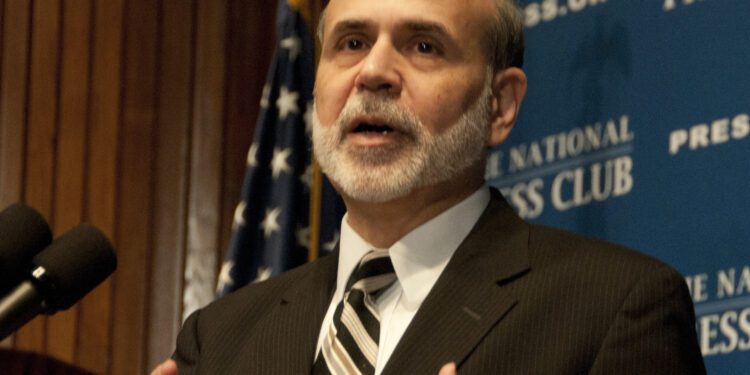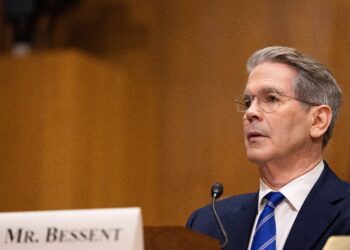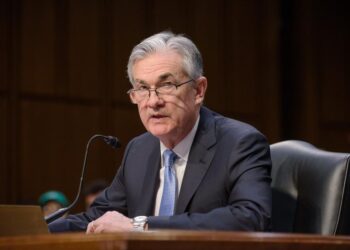Former U.S. Federal Reserve Chief, Ben Bernanke, who led the central bank during the 2008 financial crisis has been awarded the Nobel Prize. He is one of three recipients to be given the 2022 Nobel prize for economics
The Royal Swedish Academy of Sciences chose the three economists for research that had “changed our understanding of financial crises”. The Academy believes that the insights have “improved our ability to avoid both serious crises and expensive bailouts.”
Bernanke demonstrated, through his research, that bank runs prolonged the 1930s Great Depression and applied the same theory during his time in the Fed. During the 2008 financial crisis, he encouraged the Federal Reserve to intervene aggressively by massively reducing interest rates and supporting bailouts for some major U.S. banks. Despite the move attracting criticism, the same tools were used by the Fed in 2020 during the Covid pandemic.
Stockholm University economist and a member of the prize committee John Hassler stated: “The laureates have provided a foundation for our modern understanding of why banks are needed, why they are vulnerable and what to do about it.” He added, “We can also note that even though the financial crisis had large consequences, neither that, nor the Covid pandemic, led to depressions like in the ’30s.”
When Bernanke initially published his findings in 1983, it was believed that bank failures were a consequence of economic crisis, rather than the cause. However, Bernanke believed – and later proved – otherwise. His co-authors, economists Douglas Diamond and Philip Dybvig, were awarded the prize alongside him for their contribution to the field.












